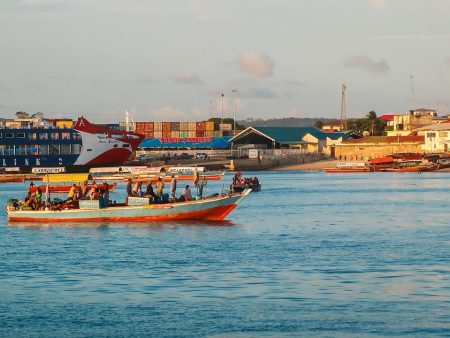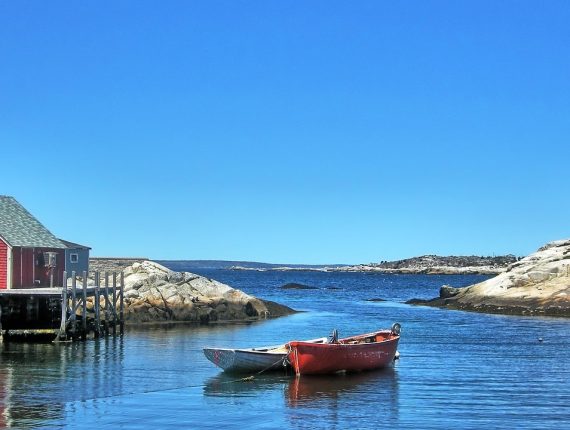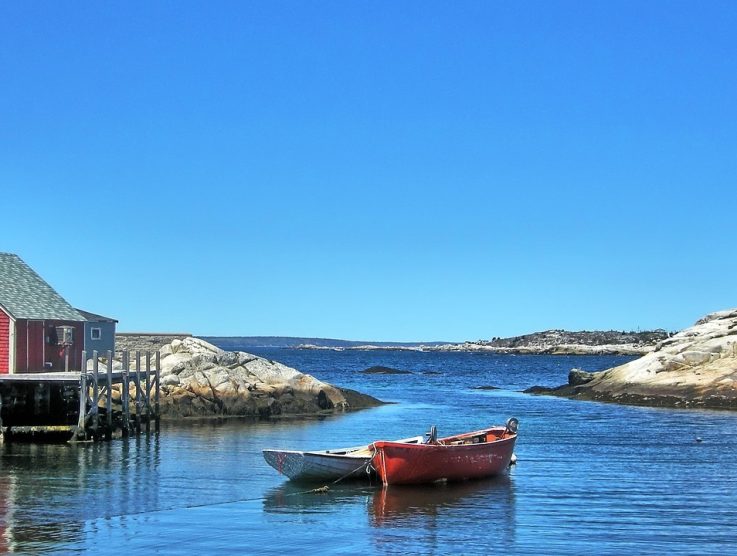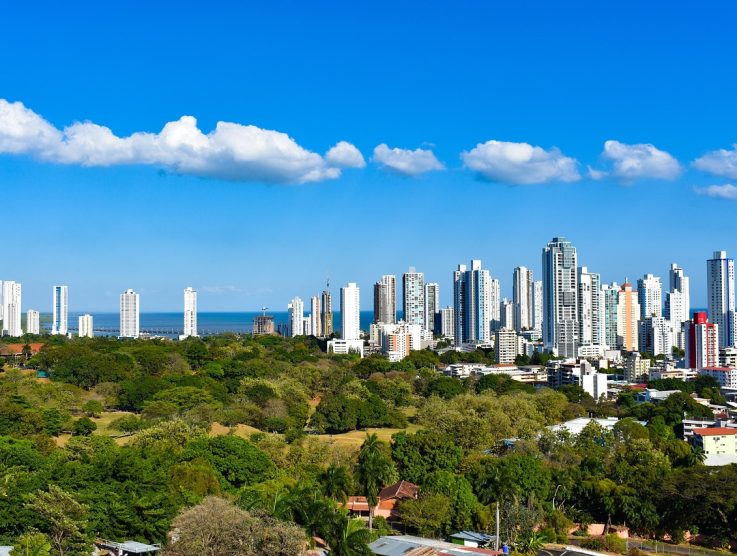Ireland is a developed European nation known for its strong economy, high living standards, and vibrant cultural heritage. With a population of just over 5 million people, Ireland has become an attractive destination for professionals, students, and families from around the world. Dublin, the capital, is the main economic and cultural hub, while cities such as Cork, Galway, Limerick, and Waterford provide a mix of urban convenience and smaller-town charm. Ireland’s economy is diversified, with key industries including technology, pharmaceuticals, finance, medical research, tourism, and agriculture.
Language and Communication
English is the dominant language in Ireland and is used in all government, education, healthcare, media, and professional settings. Irish Gaelic is also an official language and is taught in schools, but it is mainly spoken in certain rural areas known as Gaeltacht regions. Outside of these areas, Irish is rarely used in daily life.
For English-speaking migrants, Ireland presents no major language barrier, making it easier to integrate quickly compared to non-English-speaking European countries. However, learning a few Irish phrases or expressions can be a cultural plus and is appreciated by locals. Effective communication will help with both professional and social integration.
Visa and Immigration Requirements
Citizens of European Union (EU) and European Economic Area (EEA) countries can live and work in Ireland without a visa. Non-EU citizens generally need a visa to enter and a work permit to stay long-term. Work permits are issued depending on labor demand, job sector, salary thresholds, and qualifications.
Student visas are available for international students enrolled in recognized institutions, allowing limited work hours per week during studies. Family reunification visas are also possible for spouses and dependents of residents or workers. After arrival, non-EU residents must register for an Irish residence permit, which is renewable and serves as proof of legal stay.
Employment Opportunities and Work Environment
Ireland has a strong and modern labor market with multinational companies, especially in Dublin and Cork. The country hosts major global corporations in technology, finance, pharmaceuticals, medical research, and customer support.
Key employment sectors include:
- Technology and IT: Dublin is a hub for tech giants, startups, and software development companies. Roles in software engineering, data analysis, cybersecurity, and IT management are in high demand.
- Finance and Banking: Ireland is a European financial center, attracting professionals in accounting, investment banking, fintech, insurance, and auditing.
- Healthcare: The healthcare sector includes hospitals, clinics, and research institutions seeking doctors, nurses, researchers, and allied health professionals.
- Education: International schools and universities employ English-speaking teachers, lecturers, and administrative staff.
- Tourism and Hospitality: With a strong tourism sector, Ireland hires hotel, restaurant, and tour industry staff, especially in tourist hotspots.
The Irish workplace is generally collaborative, respectful, and informal. Work-life balance is valued, though Dublin can be fast-paced in corporate environments. Punctuality, professionalism, and initiative are expected, and networking plays an important role in career growth.
Housing and Accommodation
Housing is one of the biggest challenges for newcomers to Ireland. Dublin has limited rental supply, high demand, and some of the most expensive rents in Europe. Average rental prices vary widely depending on location, property type, and size. Smaller cities like Cork, Galway, Limerick, and Waterford are more affordable while still offering urban amenities.
Tips for finding accommodation:
- Start the search early, especially in Dublin. Many properties are rented quickly.
- Online portals such as Daft.ie and Rent.ie are commonly used for apartment listings.
- Consider sharing accommodation with roommates to reduce costs.
- Inspect properties in person or request video tours before signing contracts.
- Be prepared to pay a deposit (usually one month’s rent) and provide proof of income, references, and identification.
Housing options range from city-center apartments to suburban houses. While central Dublin offers proximity to work and public transport, suburban areas often provide more space and quieter surroundings.
Cost of Living and Financial Planning
The cost of living in Ireland is relatively high, particularly in Dublin. Key expenses include:
- Rent: The largest monthly cost. Expect to pay more in city centers.
- Utilities: Electricity, heating, water, and internet may range from moderate to high, depending on usage.
- Groceries: Prices are comparable to Western Europe, with both supermarket chains and local markets available.
- Transport: Public transport includes buses, trains, and light rail in Dublin (Luas). Many people also rely on cars outside urban centers. Monthly transport passes can reduce commuting costs.
Opening a bank account requires a passport, proof of residence, and visa or residence permit. Banking services include debit cards, online banking, and international money transfers. Credit cards and digital payment systems are widely accepted.
Healthcare in Ireland is provided through both public and private systems. Public healthcare (HSE) is accessible but can have longer waiting times. Many newcomers opt for private health insurance for faster service, particularly for specialists and elective procedures.
Education and Schools
For families relocating to Ireland, education is an important consideration. Ireland has both public and private schooling options. Public schools are free but may have varying admission requirements depending on local catchment areas. Private schools offer international curricula, smaller class sizes, and English-speaking environments.
Ireland is home to highly regarded universities, including Trinity College Dublin, University College Dublin, and University College Cork. International students can find English-language programs in business, technology, healthcare, and the humanities.
Lifestyle, Culture, and Social Integration
Irish culture is known for its friendliness, humor, and community spirit. People are social and welcoming to newcomers, and local communities often organize events and activities to help integration. Leisure activities include:
- Exploring historic castles, museums, and cultural festivals.
- Outdoor activities such as hiking, cycling, and visiting coastal areas.
- Music, arts, and traditional Irish dance.
- Socializing in pubs and cafes, which are central to Irish social life.
Punctuality, politeness, and respect are appreciated. While Irish society is generally relaxed, professional and social expectations are clear and consistent.
Safety in Ireland is high. Violent crime is low, and communities are generally supportive. Emergency services are reliable, and public spaces are considered safe for families and individuals.
Transportation and Connectivity
Ireland has a well-developed public transport system in major cities. Dublin has an integrated network of buses, trains, and light rail. Outside cities, trains and buses connect towns and rural areas efficiently. Many residents use cars, especially in smaller towns, so understanding local driving rules and insurance requirements is important.
Air travel is convenient, with Dublin Airport serving as a hub for international flights across Europe, North America, and the Middle East. Ferries connect Ireland to the UK, providing additional options for regional travel.
Final Preparation Tips
- Secure housing before arrival if possible, or arrange temporary accommodation.
- Ensure all visa, employment, or university documents are valid and approved.
- Save enough funds to cover at least three months of living expenses, particularly for rent and utilities.
- Research your target city carefully, as costs, amenities, and transport vary significantly.
- Familiarize yourself with Irish culture, workplace expectations, and local laws.
- For families, research schooling options early to secure placements.
- Consider joining expatriate groups, cultural organizations, and local social networks to build connections quickly.
Conclusion
Ireland offers a combination of economic opportunity, a welcoming English-speaking environment, and a high standard of living. While housing and living costs can be high, careful financial planning, research, and preparation make the transition manageable. With a clear understanding of visas, employment opportunities, social customs, and practical daily life considerations, relocating to Ireland can provide a rewarding and stable environment for work, study, and family life.














